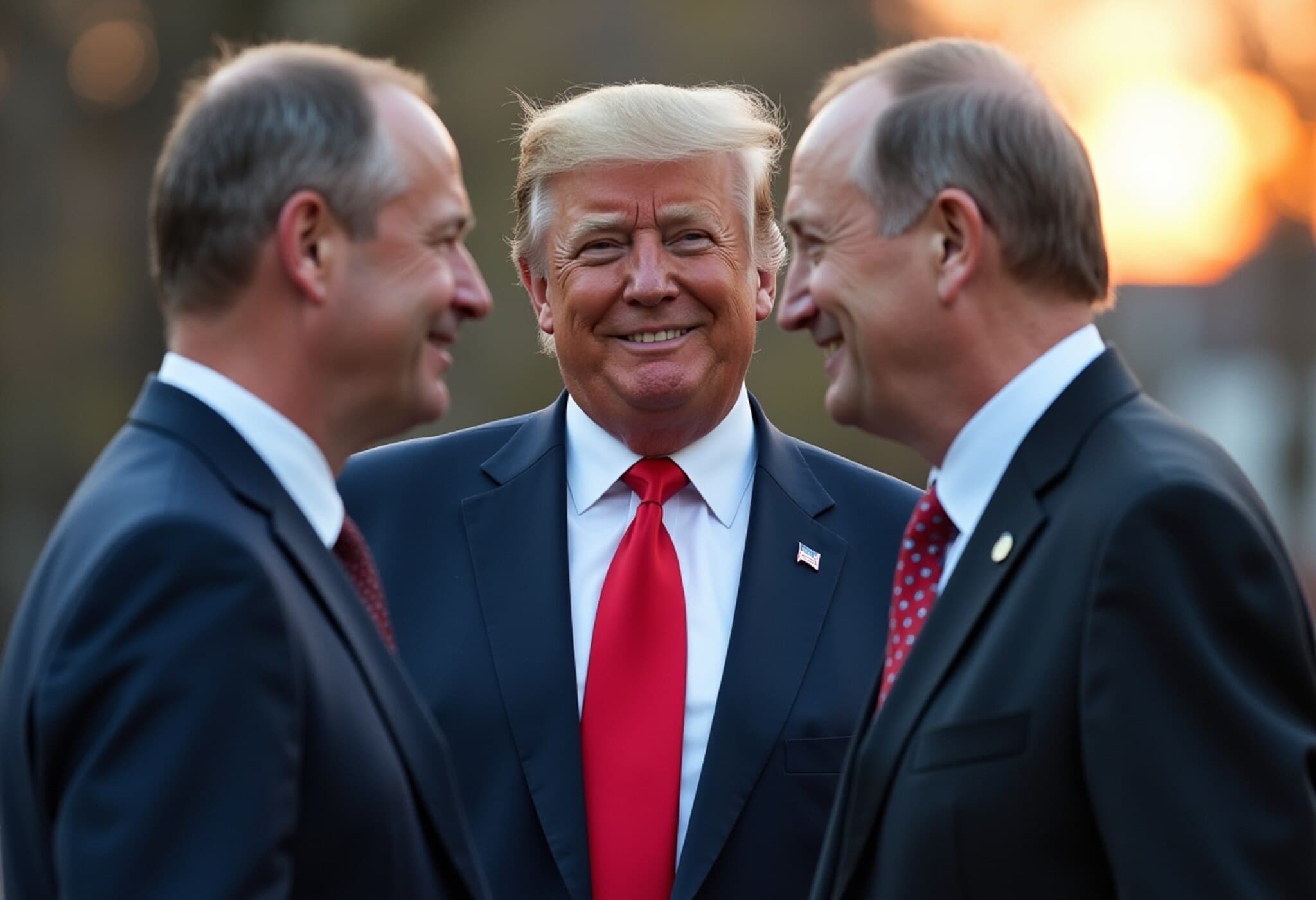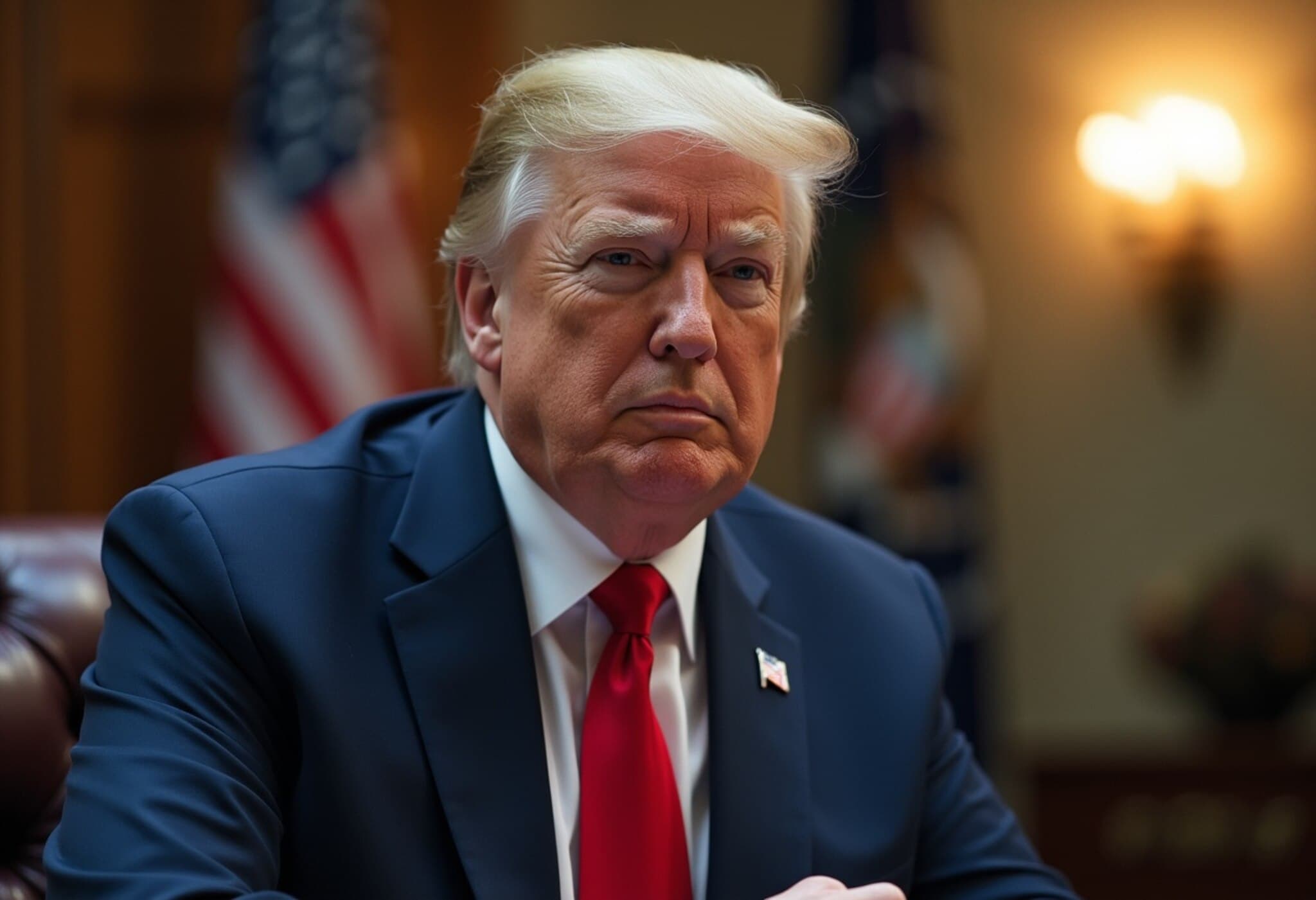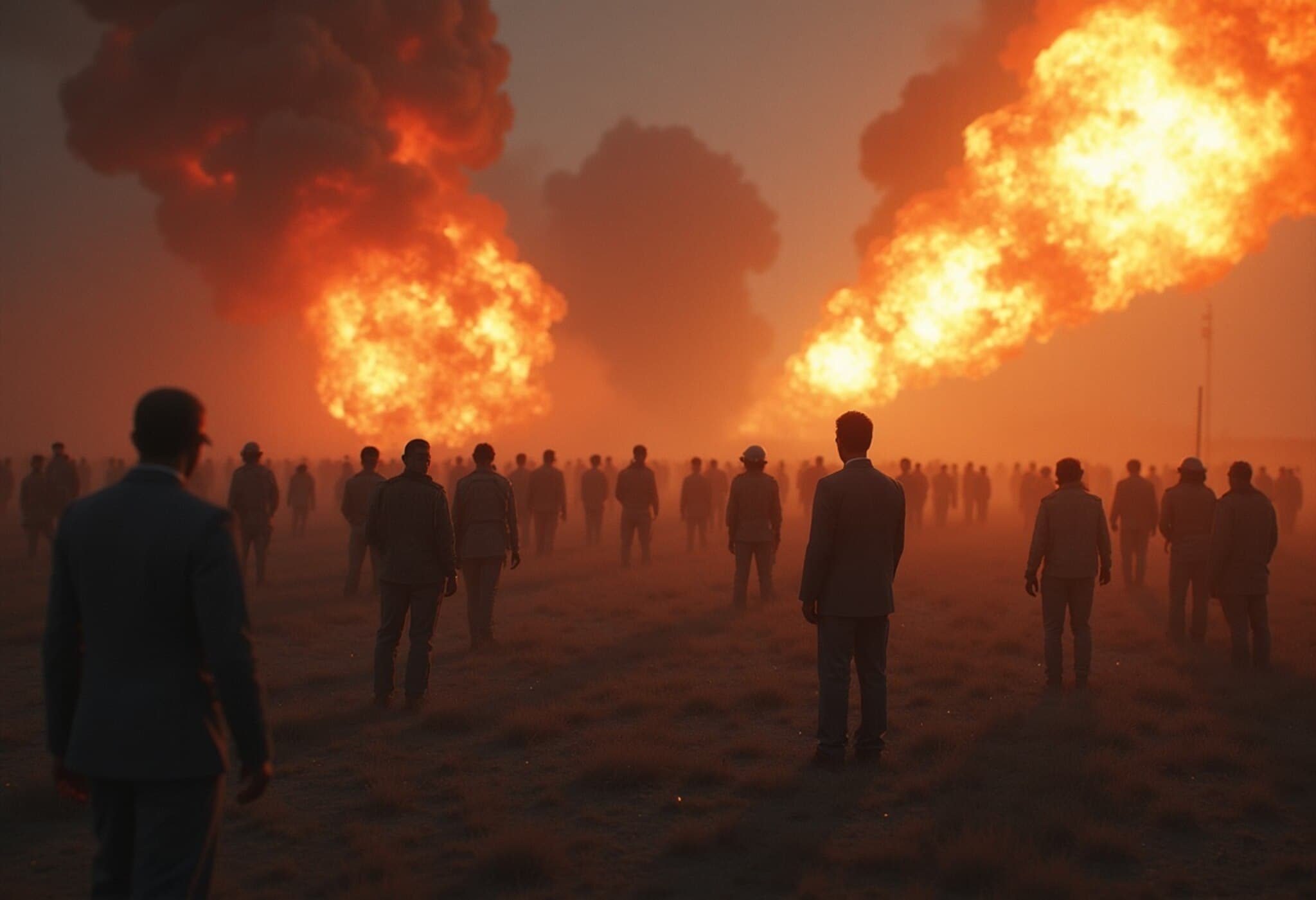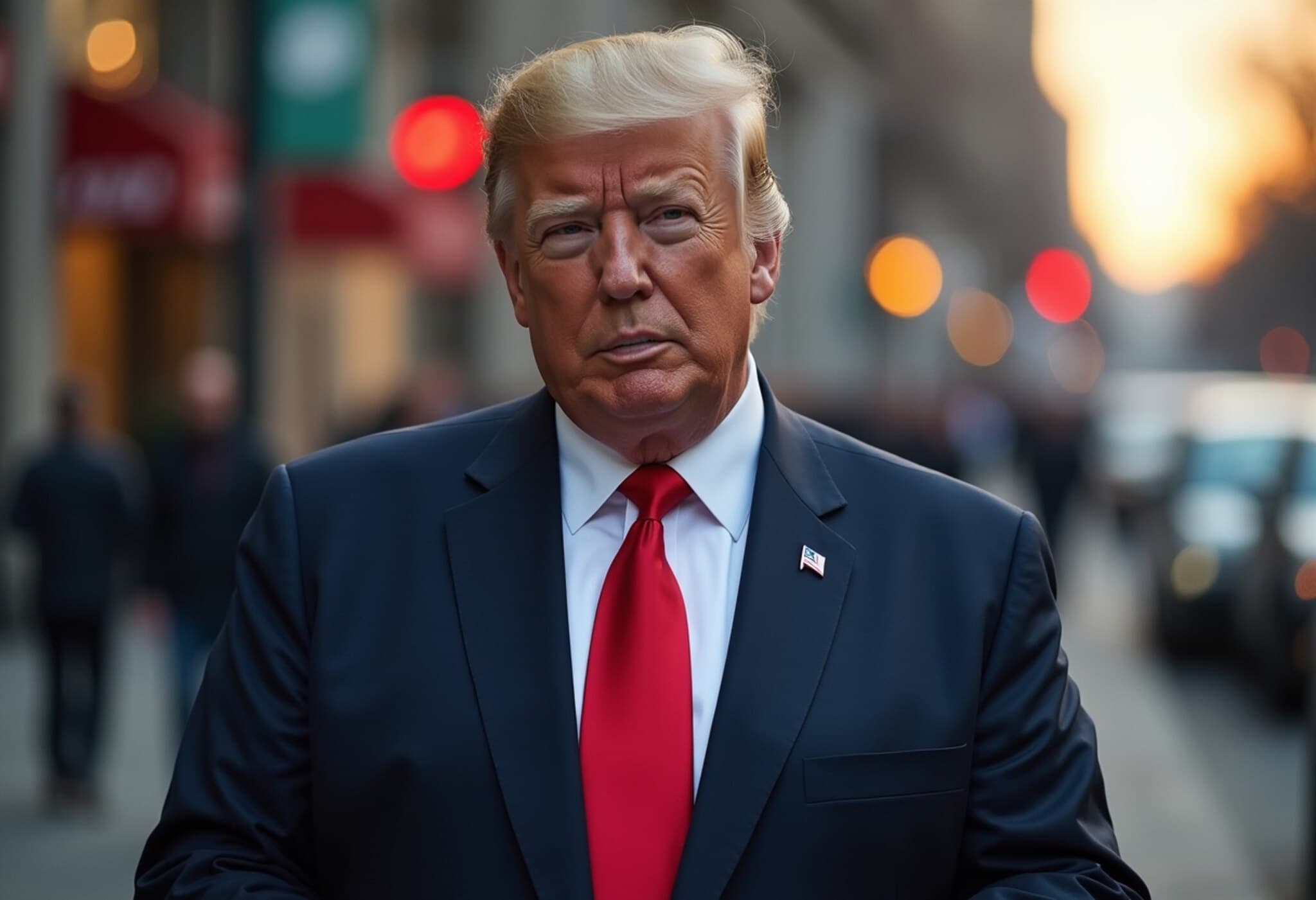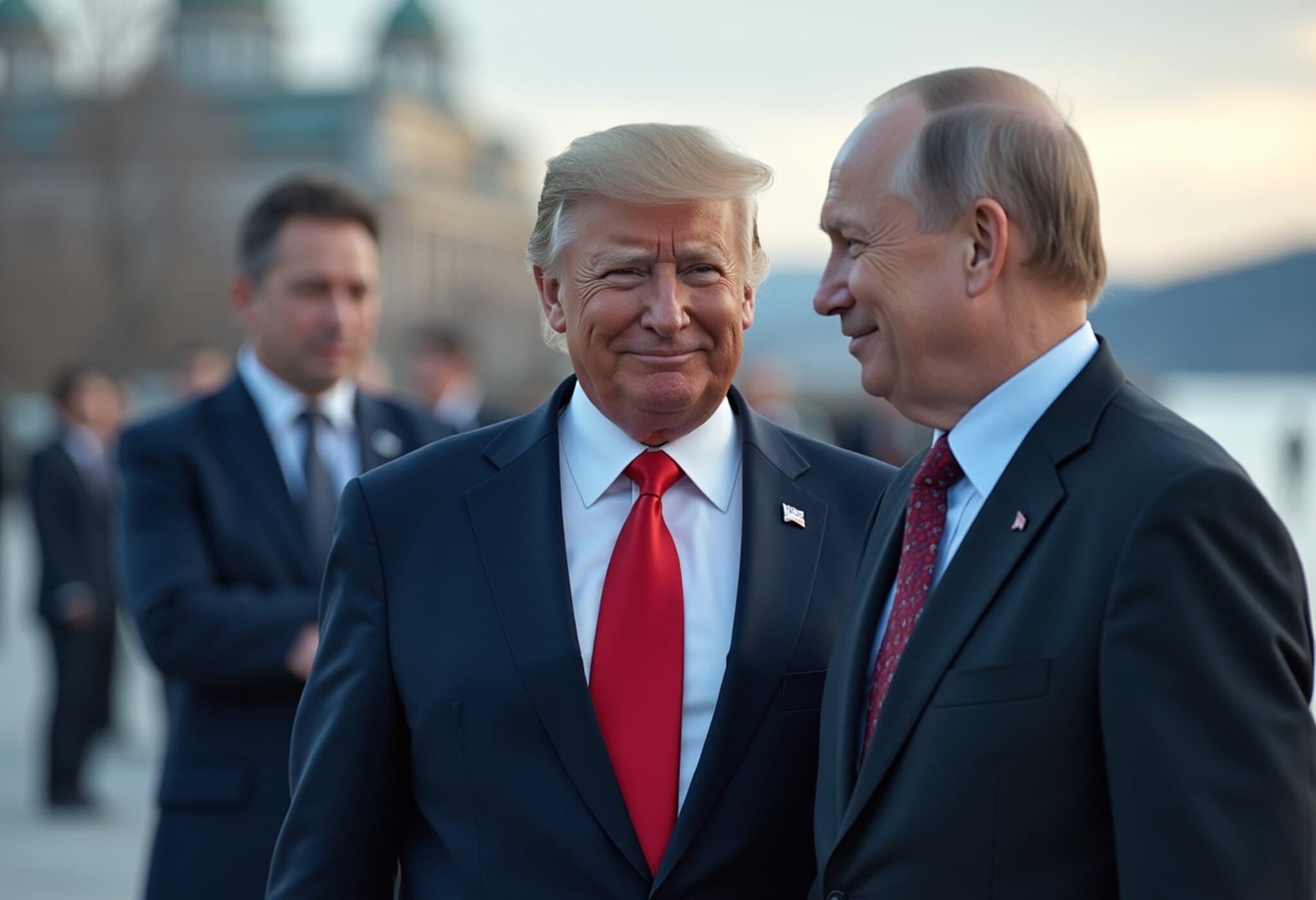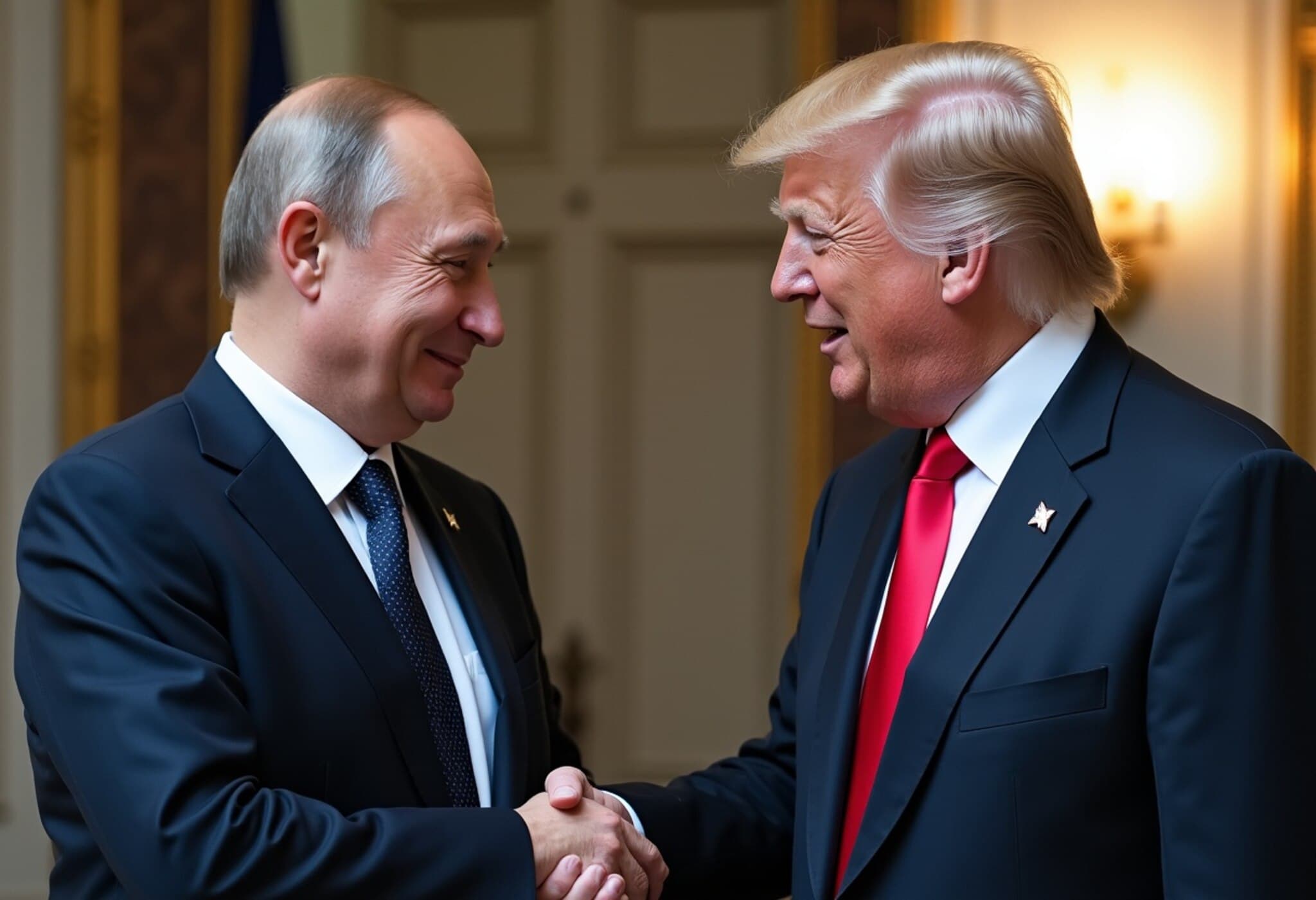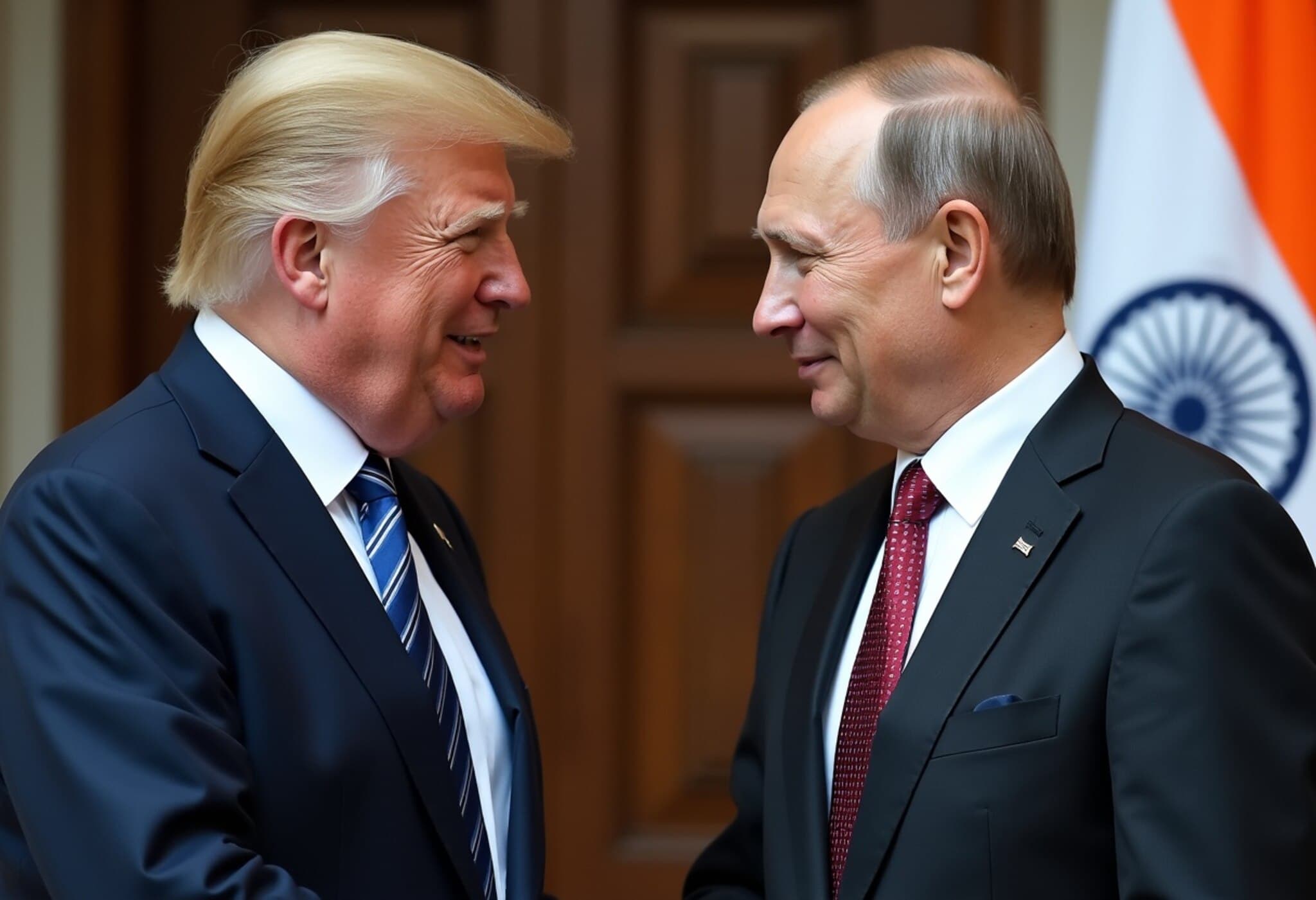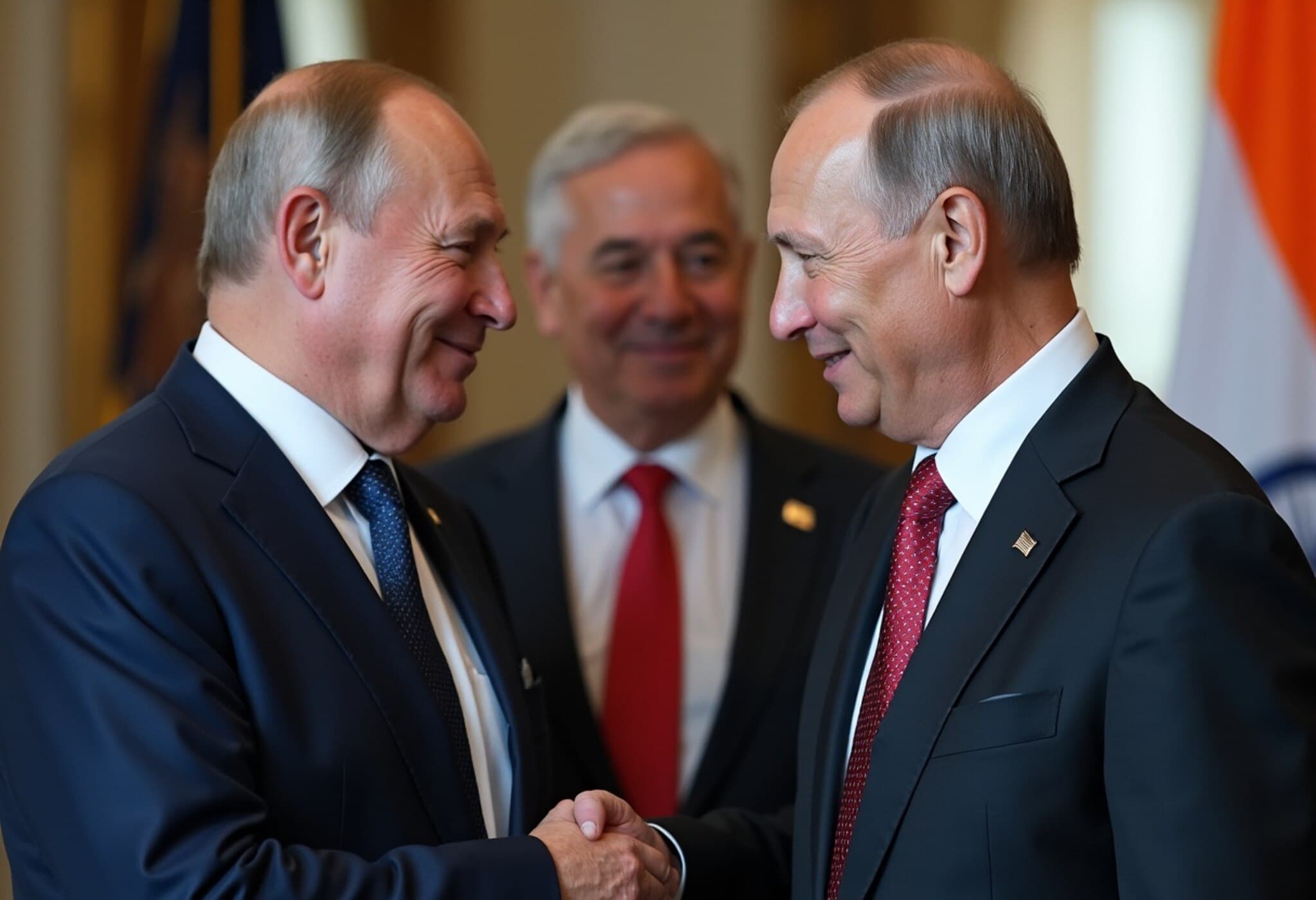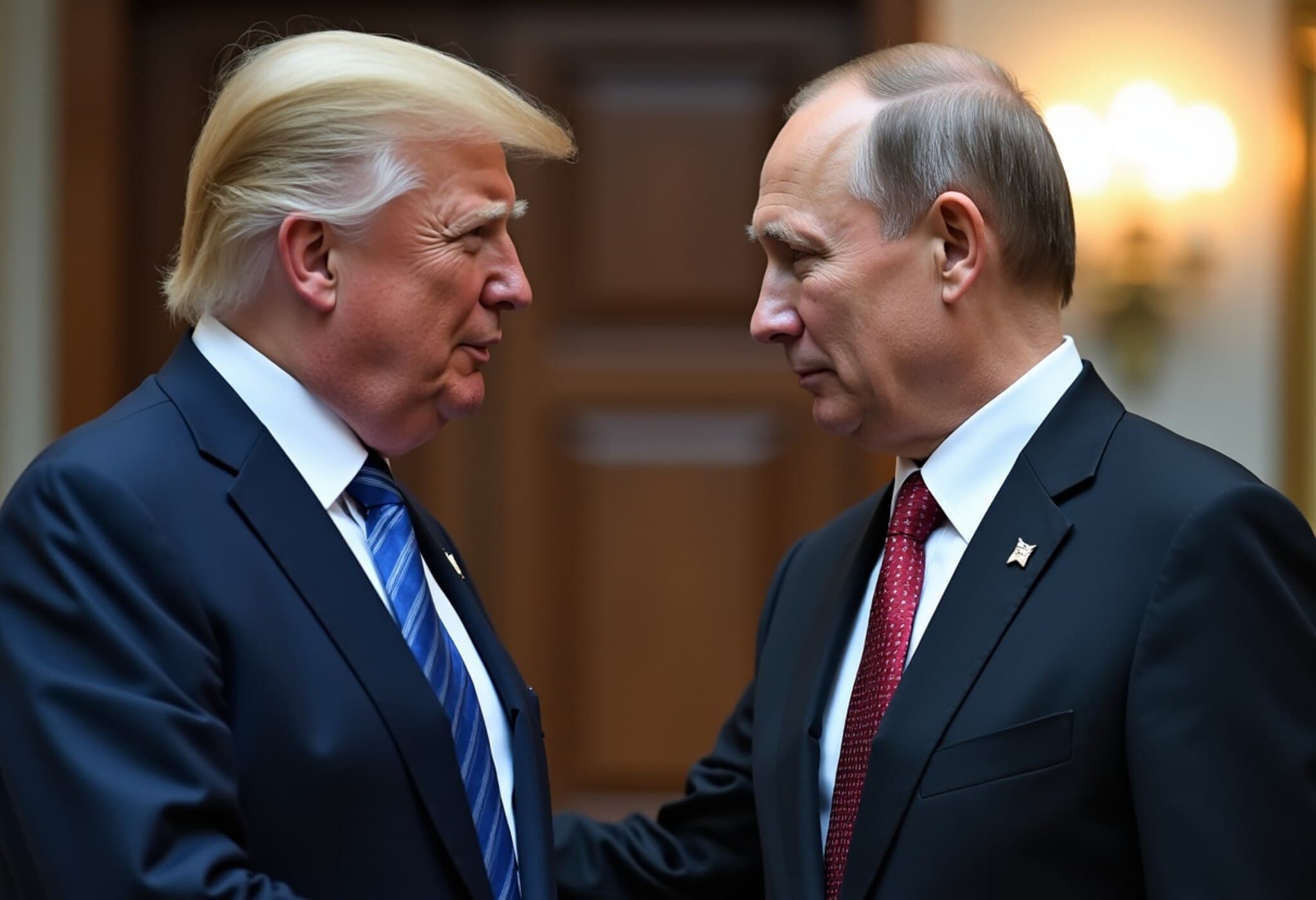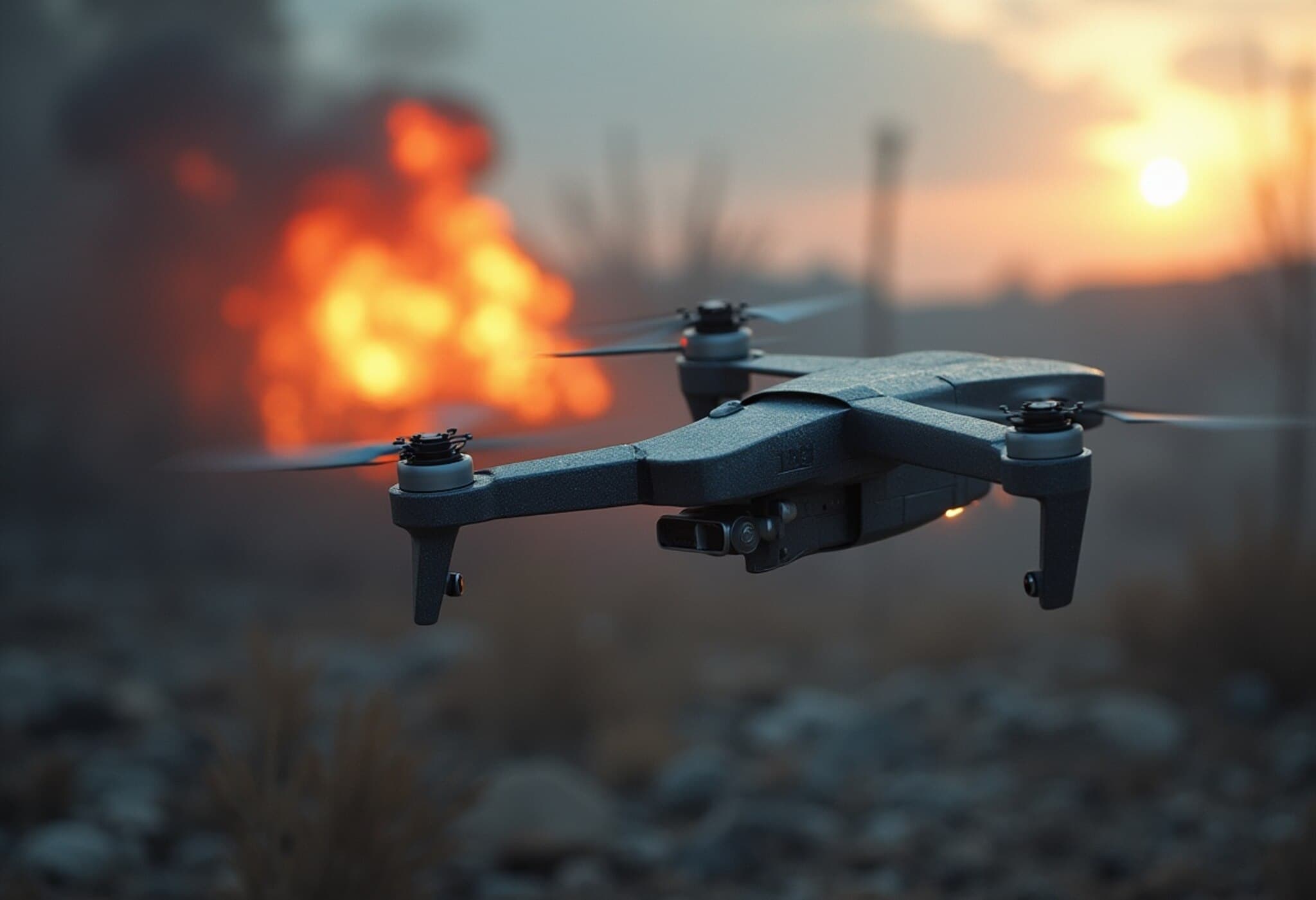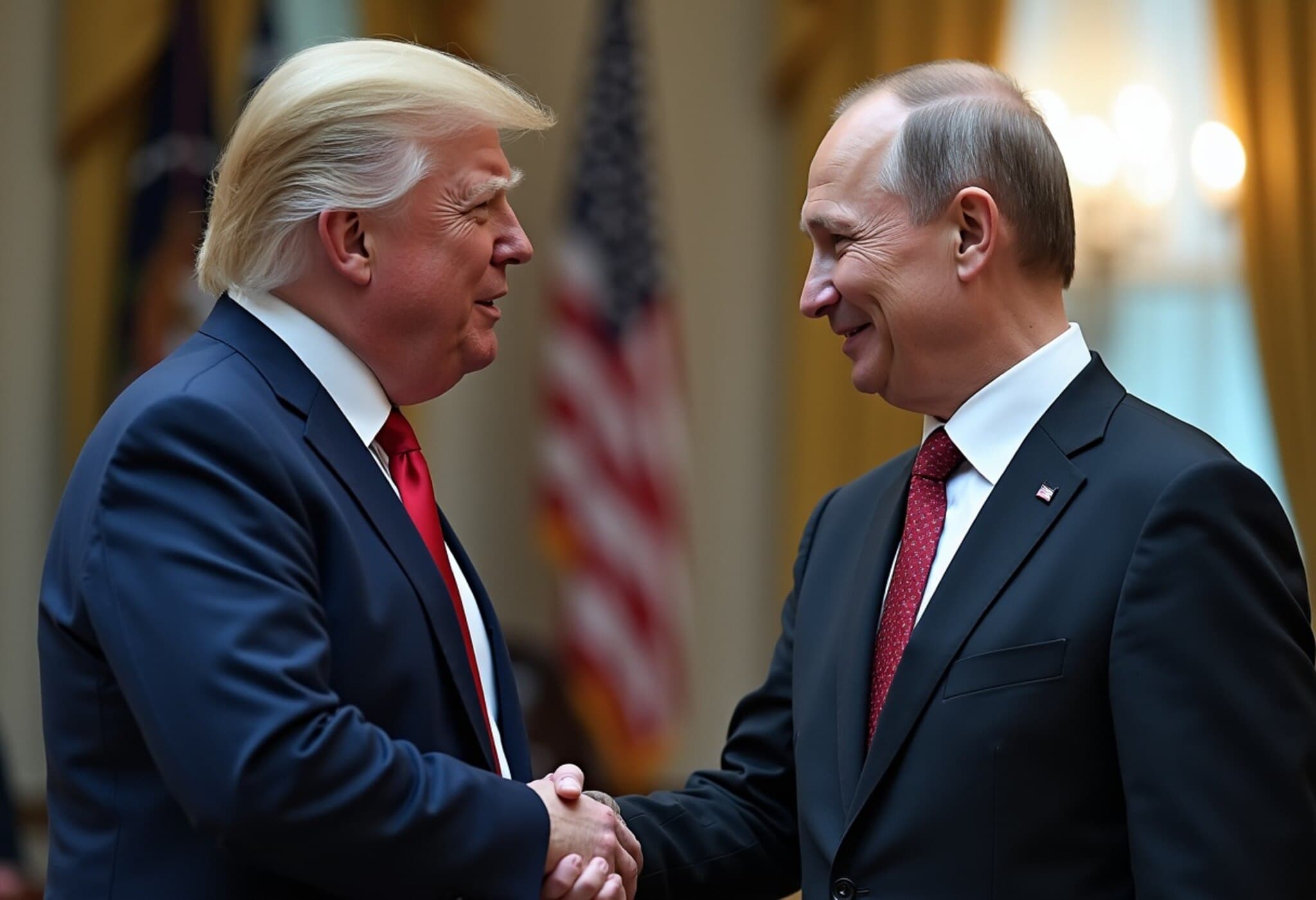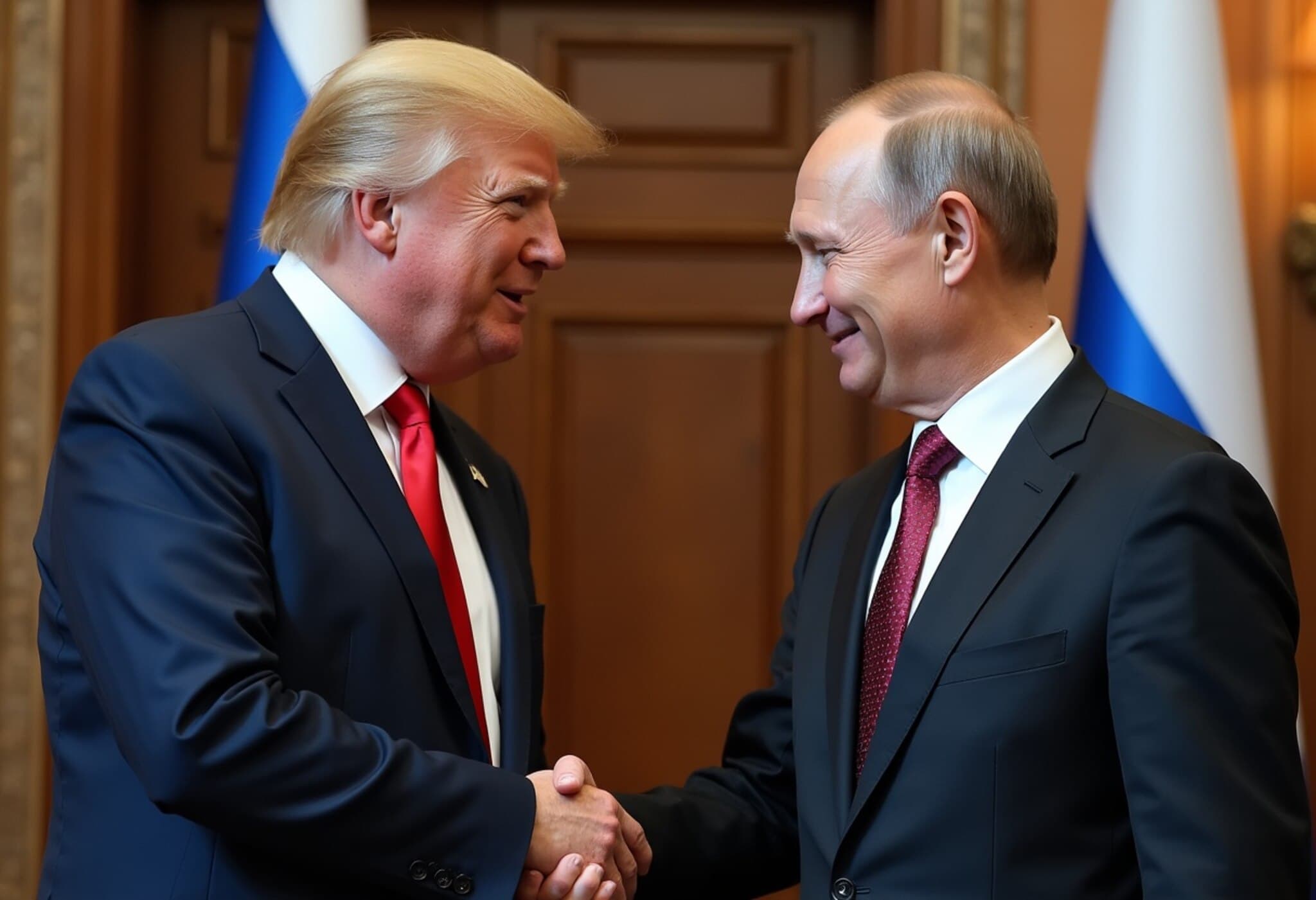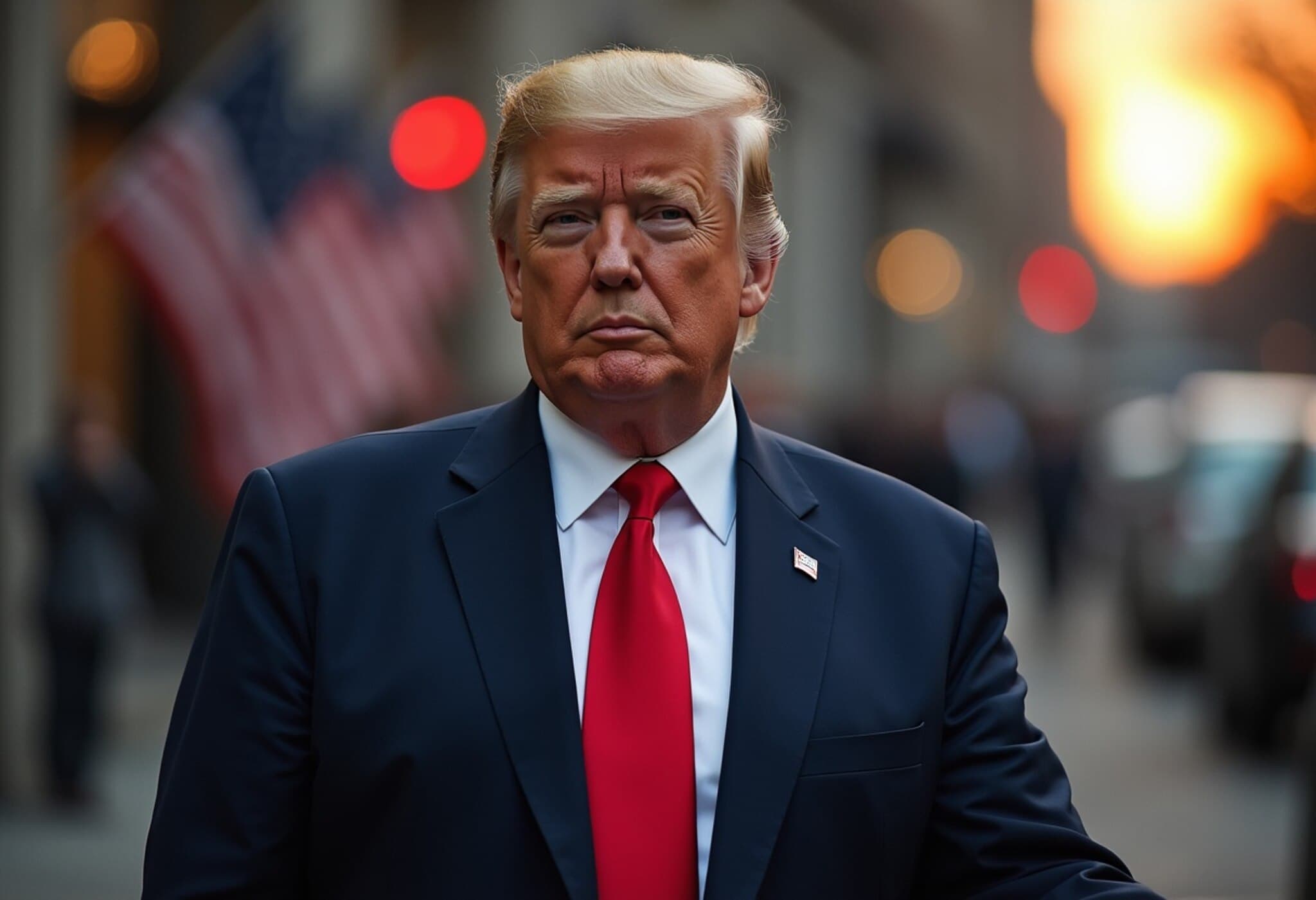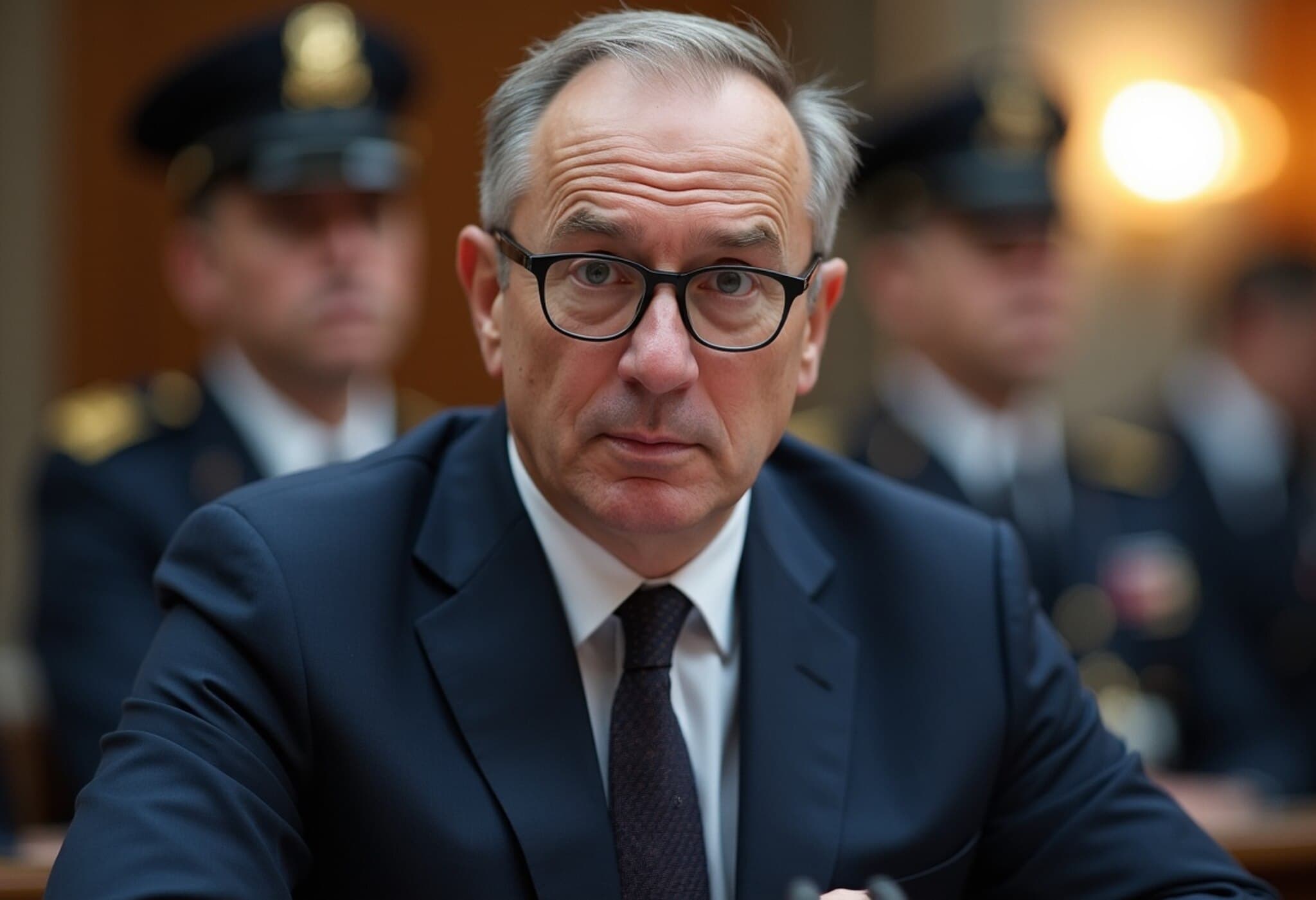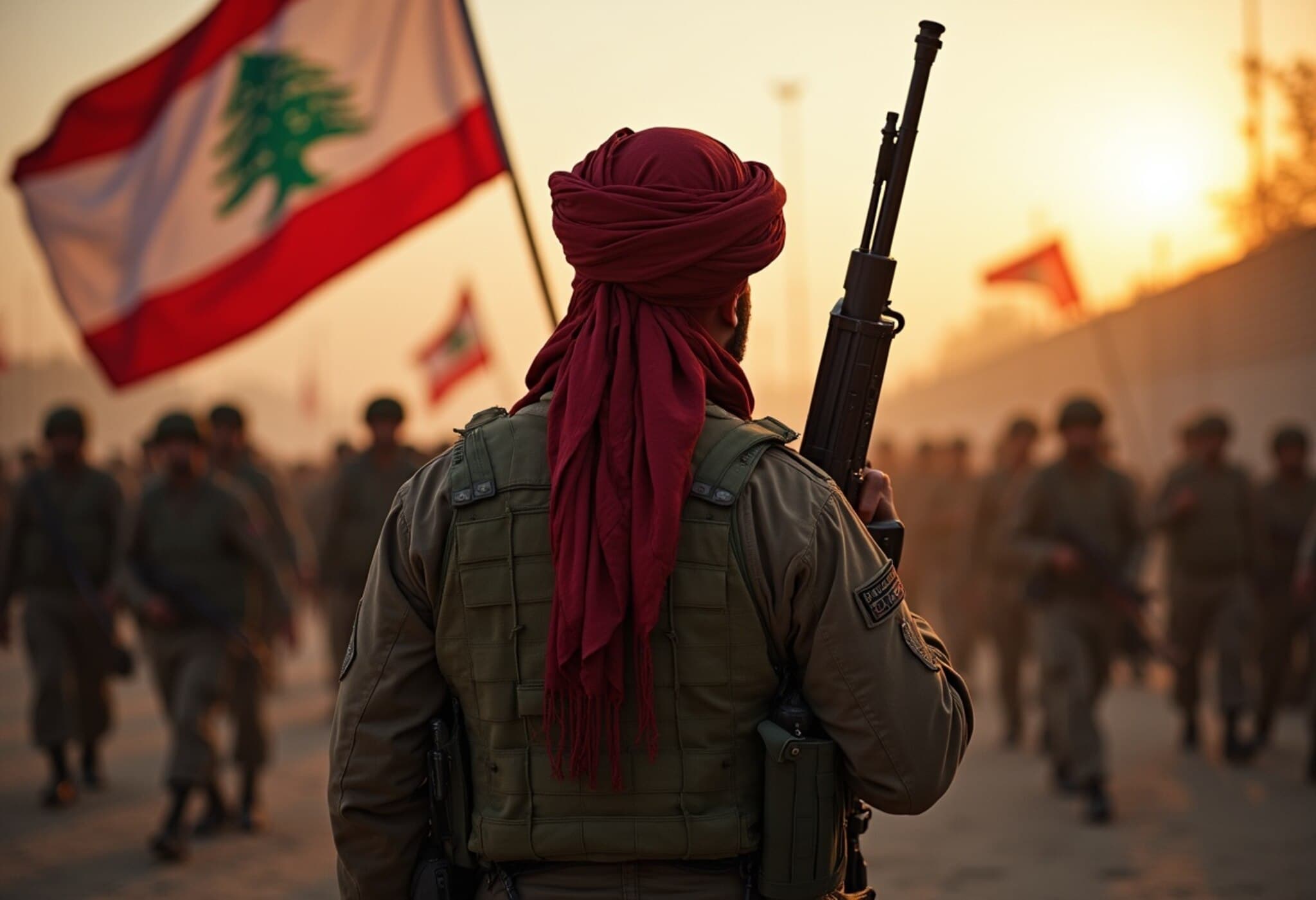Kremlin Calls for Restraint as Trump Escalates Nuclear Tensions
On August 4, 2025, the Kremlin issued a sober warning against reckless nuclear rhetoric following US President Donald Trump’s announcement to deploy two nuclear submarines in response to provocative statements by former Russian President Dmitry Medvedev. This development marks a significant moment in an increasingly fraught geopolitical landscape, underscoring the delicate balance of power and the risks of inflammatory public discourse.
Background: Rising Tensions Between Washington and Moscow
The spat ignited when Trump declared his intent to position two nuclear submarines "in appropriate regions," a move he framed as retaliation to what he described as "highly provocative" remarks from Medvedev. However, Trump stopped short of specifying whether these submarines would be nuclear-powered or actually nuclear-armed, nor did he reveal their intended deployment locations—a strategic ambiguity often maintained by the US military for security reasons.
Kremlin spokesman Dmitry Peskov responded cautiously, emphasizing Russia’s commitment to nuclear non-proliferation and warning that all parties must exercise extreme care with nuclear-related statements. "Everyone should be very, very cautious with nuclear rhetoric," Peskov said, highlighting the global risks inherent in escalating nuclear posturing.
Medvedev’s Hawkish Response and the Stakes at Play
Dmitry Medvedev, now deputy chairman of Russia’s Security Council and known for his staunch anti-Western stance, had criticized Trump’s ultimatum demanding an end to Russia’s military actions in Ukraine. Medvedev accused Trump of “playing the ultimatum game” and cautioned that each new threat does not target Ukraine alone but edges dangerously toward conflict with the US itself.
- Medvedev’s warning: "Each new ultimatum is a threat and a step towards war—not between Russia and Ukraine, but with his own country."
- Medvedev’s background: Served as Russian president from 2008 to 2012, acting largely as Vladimir Putin’s constitutional placeholder during Putin’s term-limit circumvention.
The exchange amplifies concerns about how nuclear rhetoric, especially from top global leaders, can inflame already tense relations and complicate diplomatic efforts in ongoing conflicts such as the war in Ukraine.
International and Regional Perspectives
From Washington’s vantage point, the deployment of nuclear submarines is framed as a demonstration of “peace through strength.” This viewpoint found explicit support from Andriy Yermak, chief of staff to Ukrainian President Volodymyr Zelenskyy, who commented that the appearance of American nuclear submarines seemingly silenced aggressive nuclear threats from Russian voices on social media.
However, experts warn that public nuclear posturing carries inherent risks, including miscalculations and escalations that could spiral beyond control. The opaque nature of submarine deployments adds a layer of strategic uncertainty, fueling speculation and heightening tensions among global actors.
Expert Insights: Navigating the Nuclear Narrative
As the US and Russia continue to grapple over Ukraine and broader influence, the way leaders communicate on nuclear capabilities profoundly impacts international security norms. Analysts emphasize that while deterrence remains a cornerstone of nuclear policy, provocative rhetoric risks eroding mutual trust and undermining decades of arms control frameworks.
In the American legal and policy context, this development raises critical questions about executive authority in deploying strategic weapons and the role of Congress in overseeing such military escalations. Furthermore, the economic sanctions Trump threatens against Russian trading partners add a complex layer of global economic pressure interwoven with security concerns.
Looking Ahead: The Challenge of De-escalation
With tensions peaking, the international community faces a pressing need to rein in fiery public exchanges and recommit to diplomatic channels. The Kremlin’s plea for caution is both a diplomatic signal and a sobering reminder of the stakes involved when nuclear capabilities enter the public spat.
Rather than fueling public contests of power, leaders might consider quieter, more calculated strategies to prevent conflict escalation—especially in an era where misinformation, nationalism, and fast-moving social media can distort complex geopolitical issues.
Key Takeaways
- Nuclear rhetoric, particularly from high-profile leaders, demands careful management to prevent unintended escalations.
- Transparency about military movements is balanced against operational secrecy, complicating public understanding and media narratives.
- Diplomatic and economic tools remain vital complements to military deterrence in navigating the ongoing Russia-Ukraine conflict.
- Global stability hinges on renewed commitment to arms control discussions despite current geopolitical frictions.

